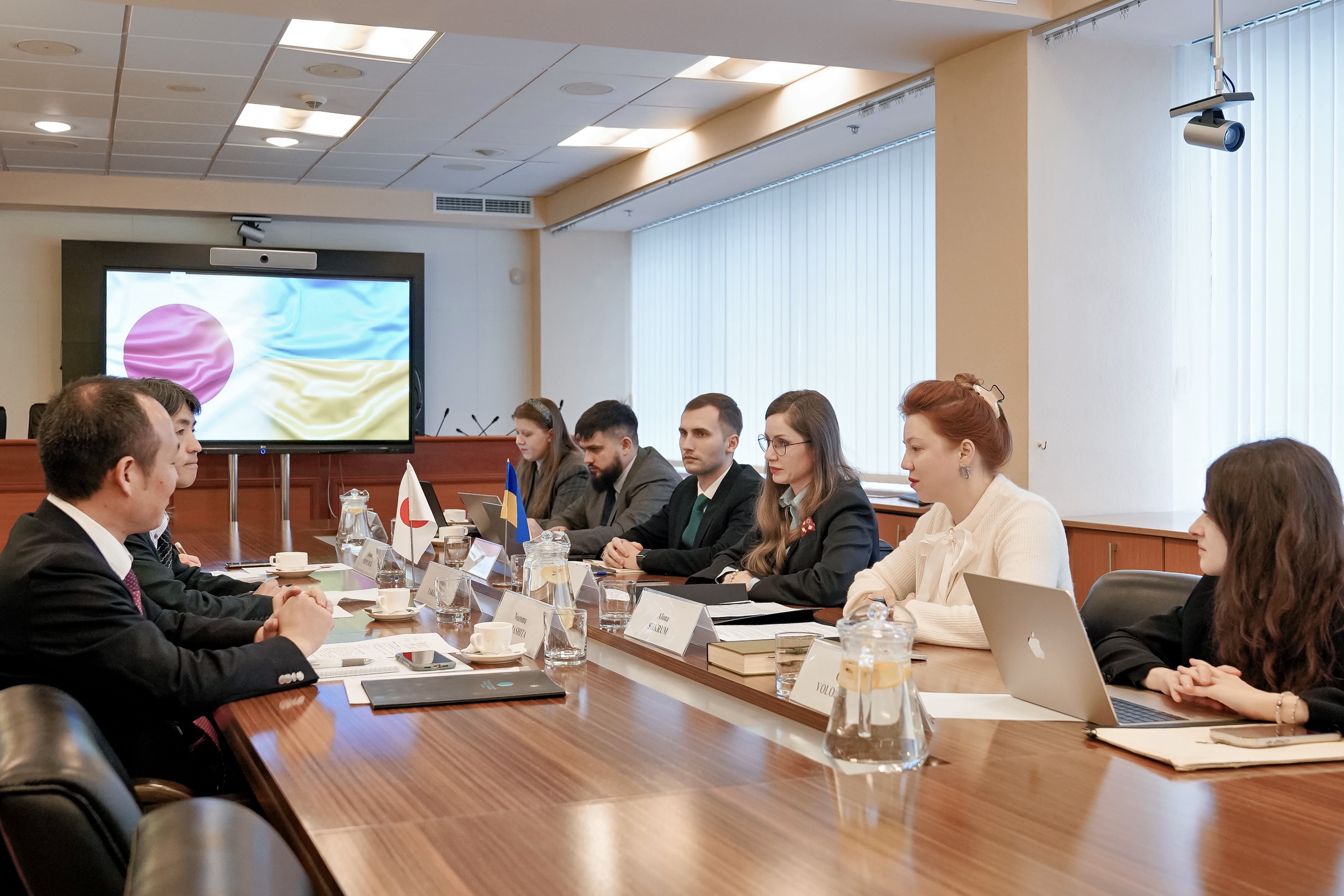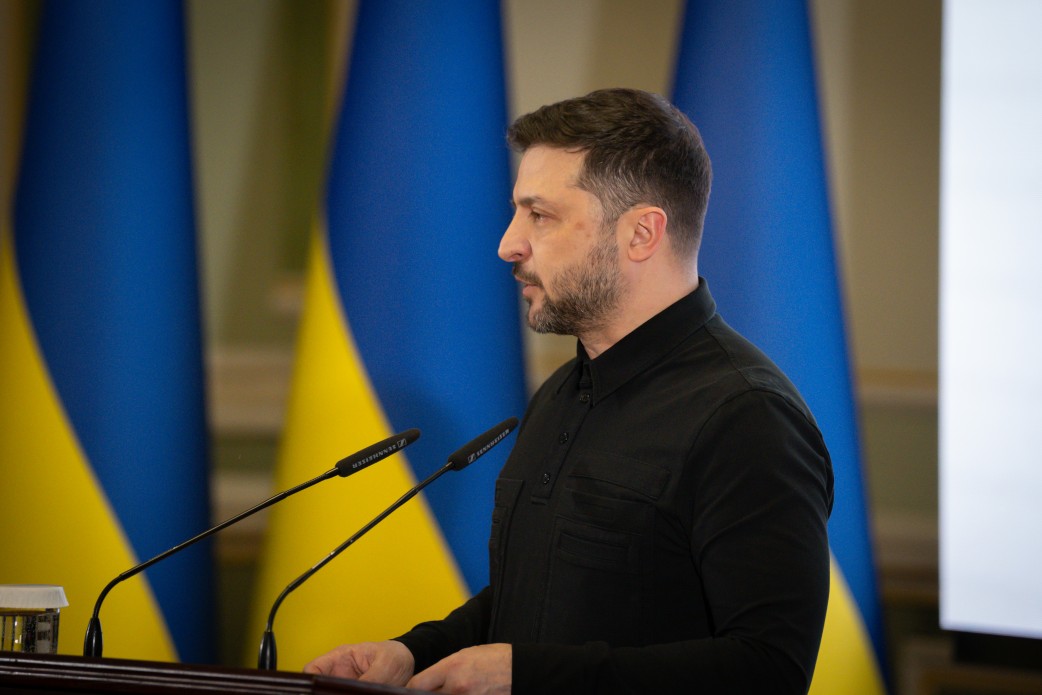Key results of the sociological study conducted by UIF in collaboration with New Image Marketing Group during the period from August 4th to August 10th, 2023.
The physical condition of the majority of Ukrainians is characterized as satisfactory or rather good. The average rating on a 5-point scale is 3.13 points, compared to 3.3 points in May 2023 and 3.35 points in February 2023. Approximately half of the survey participants (57%) indicated that their physical condition has not changed compared to the previous month.
The emotional-psychological state of Ukrainians is predominantly assessed as satisfactory, with an average rating of 2.88 points on a 5-point scale, compared to 3.0 points in May 2023 and 2.94 points in February 2023. Half of the survey participants (51%) stated that their emotional-psychological state has not changed compared to the previous month.
The top current problems according to respondents are as follows: high prices - 51%; lack of stability/confidence in the future - 50%; low incomes - 37%; lack of physical security due to shelling (rockets, drones, etc.) - 34%; high utility tariffs - 33%; inability to make plans - 30%.
Success on the frontlines and communication with family/friends are the events that currently give respondents hope for the future and instill confidence. These responses were provided by 58% and 52% of survey participants respectively. The following events also provide hope and have a positive impact on participants' sense of confidence: shelling of Russian territory (including strikes on the Crimean Bridge) - 33%; military assistance from Western partners - 30%; engaging in hobbies - 22%.
Among the main fears and concerns at the moment, excessive price growth (38%), reduction of income/loss of income sources (36%), and significant increase in utility tariffs (30%) have been noted. There are also concerns/fears about possible blackouts (30%), deterioration of physical health (29%), constant shelling (28%), and nuclear strike/nuclear war (28%). Significant concerns and fears are also associated with economic decline (27%), an explosion at the Zaporizhzhia Nuclear Power Plant (27%), a large-scale Russian counteroffensive (26%), and worsening mental health (24%).
Among the events/situations that evoke the greatest fears and concerns, the following are the leaders: reduction of income, loss of income sources (17%), nuclear strike/nuclear war (17%), excessive price growth (16%), and an explosion at the Zaporizhzhia Nuclear Power Plant (14%).
76% of survey participants noted that the presidential elections should be held after Ukraine's Victory, while 61% of respondents gave a similar response regarding elections to the Verkhovna Rada. As for elections of local council and village, town, city heads, 56% of respondents provided a similar response. Thus, the majority of respondents do not consider it necessary to hold elections until the end of the war and Ukraine's Victory.
The majority of respondents (60-61%) consider offline education to be the most appropriate format for all three levels of education (kindergartens, schools, universities/colleges) only in regions/areas located further from the frontline, while online education is preferred in other regions/areas. A small percentage of respondents (10-13%) support offline education across the entire country, while 13-17% support online education nationwide. Among respondents whose children attend kindergartens, schools, universities/colleges, 63% are fully or rather willing to send their children to educational institutions if offline education is introduced in their locality. Respondents from the East and South were more likely to indicate that they are not fully or rather willing to send their children to educational institutions if offline education is introduced in their locality.
The vast majority of respondents do not have intentions/plans to change their place of residence in the near future: 62% do not plan to, and 22% are not inclined to. Only 3% of survey participants plan to change their place of residence, and an additional 5% are rather inclined to. 8% of respondents were undecided about this question. Among those who intend to change their place of residence, 38% mentioned considering moving abroad as an option, 30% mentioned moving to another region of Ukraine, 22% mentioned moving to another province within their region, and 19% mentioned moving to another locality within their province. The main reasons underlying the plans for relocation are safety concerns and work/income-related issues.
The overwhelming majority of respondents indicated that they fully support (41%) or rather support (36%) the reallocation of local budgets and redirecting funds from infrastructure and other civilian projects to military needs. Only 7% are rather not supportive, 3% are not supportive at all, and 13% were unable to provide an answer to this question.
50% of survey participants stated that the attacks on the territory of Russia are carried out by the Main Intelligence Directorate and other Ukrainian law enforcement agencies, 21% said it's the Russian authorities, 3% mentioned another option, and 26% were unable to provide an answer to this question.
33% of respondents mentioned that they personally engaged in volunteering or provided assistance to different population groups in the last two months, 25% said family members engaged in volunteering, 41% stated that friends and colleagues engaged in volunteering, and 28% stated that they or their family/friends/colleagues did not engage in volunteering. Monetary and material assistance to the Armed Forces of Ukraine (AFU) and other military groups are the most popular forms of volunteering among respondents, their family members, friends, and colleagues.
The most common responses from respondents regarding the total amount of money/donations they personally spent on assisting AFU / IDPs / other groups of people separately in June and July 2023 are as follows: 501-1000 UAH (20-24%); 1001-3000 UAH (19-20%); 301-500 UAH (18%); 101-300 UAH (16-17%). The most common recipients of monetary assistance/donations mentioned by survey participants are acquaintances involved in volunteering (31%) and major charitable foundations (30%).
65% of respondents indicated that the presence of a lottery does not affect their willingness to donate money in any way, 15% said their desire to make a donation increases, 12% said their desire to make a donation decreases, 7% were unable to answer this question, and 1% provided their own answer.
In the Ukrainian information space, the opinion is spreading that citizens have "grown tired of the war" and have become less supportive of the Armed Forces of Ukraine. In this regard, 12% of respondents fully agree with this opinion, while 38% rather agree. Meanwhile, 25% of those surveyed are more inclined not to share the opinion that citizens are tired of the war and have become less supportive of the ZSU, and 14% completely disagree with this opinion. 11% of respondents were unable to provide a definite answer to this question.
When asked about changes in their personal volunteer assistance levels in 2022 and 2023, 38% of respondents mentioned that their volunteer assistance levels remained unchanged. However, 32% of those surveyed indicated that their assistance levels decreased in 2023. 14% of participants emphasized that their volunteer assistance levels increased directly from them in 2023. 16% of respondents did not have the opportunity to volunteer in any format in either 2022 or 2023.
Telegram is the undisputed leader among sources of information that people trust the most for information about the situation in the country, news, and events on the frontlines, with 56% of respondents choosing it. Internet media platforms, news websites, and TV channel websites collectively hold a conditional second place with 26% of trust. YouTube and information from relatives, friends, and colleagues share a conditional third place with 19% of trust. Television follows in fourth place with 18%, and Facebook is fifth with 10%.
Regarding the national telethon, 50% of respondents mentioned that they do not watch it, 13% watch it regularly, and 37% watch it from time to time. Among those who watch the telethon regularly or from time to time, 14% fully trust the information in the telethon broadcasts, 57% rather trust it, 14% rather distrust it, 3% completely distrust it, and 12% were unable to decide. 21% of respondents believe that the broadcast of the national telethon should be canceled, 20% lean towards canceling it, 24% lean towards not canceling it, 14% believe it should not be canceled, and 21% were unable to decide.





















